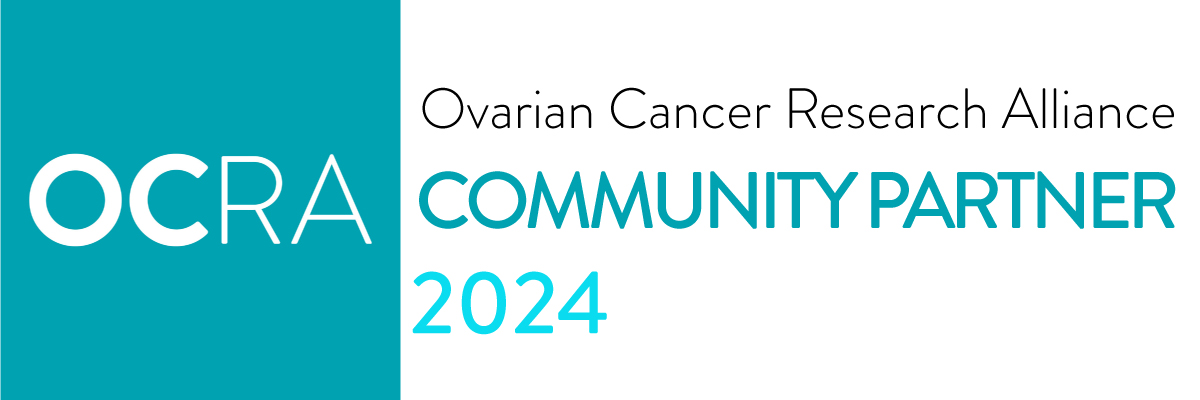Ovarian cancer is the leading cause of death from gynecologic cancers in the United States, and the fifth leading cause of cancer death among American women. Advances in the fight against this terrible disease only occur through medical research focused on finding better methods of diagnosis, more effective treatments, and eventually a cure.
The South Carolina Ovarian Cancer Foundation is dedicated to the promotion of medical research based in our state that generate clinical research programs open and readily available to women of our state.
In late 2016, in partnership with David and Mary Swain and the Ob Hospitalist Group of Mauldin, SC, we were able to fully fund a new ovarian cancer and endometriosis research project with principal investigator Larry Puls, MD of the Greenville Health System working with Bruce A Lessey MD, PhD of Greenville Health System and Jae-Wook Jeong, PhD of Michigan State University. Endometriosis is an inflammatory condition in which the lining of the uterus grows outside of the uterus. While associated with pain and infertility, it has also been associated with both endometroid and clear cell subtypes of ovarian epithelial cancers. There is currently no understanding of why a certain percentage of endometriosis patients develop ovarian cancer, nor are there validated biomarkers for prediction of this risk. Clearly, a test for risk prediction of ovarian cancer related to endometrial biomarkers would be helpful in women newly diagnosed with endometriosis. The biomarkers SIRT1 and the oncogene KRAS have been proposed as strong candidates in the pathophysiology of endometriosis and have shown potential in mice studies. This project will study the presence of SIRT1 and KRAS with the goal of identifying early biomarkers of risk for subsequent development of ovarian neoplasia in women with endometriosis. Researchers will use established tissue banks to determine expression of SIRT1 and KRAS and compare women with ovarian cancer and endometriosis to those without endometriosis.
Update provided by Dr. Lessey (December 2017)
In our pathway to study these important relationships between endometriosis and ovarian cancers we have made several very interesting and novel discoveries. None of this information was known prior to these studies.
1) KRAS is elevated in women with endometriosis without mutation.
2) SIRT1 is specifically elevated in endometriosis but also in ovarian cancer associated with endometriosis; SIRT1 is not elevated in endometrial cancer or ovarian cancers without endometriomas
3) ARID1A (a known suppressor of NFKB/inflammation) is frequently mutated in cancers. ARID1A is specifically elevated in endometriosis but also in ovarian cancer associated with endometriosis; ARID1A is not elevated in endometrial cancer or ovarian cancers without endometriomas.
4) KRAS is not different between ovarian cancers from women with or without endometriosis.
The findings are the significant, showing for the first time differences found between ovarian cancers that arise from endometriosis and suggest an inflammatory basis for disease. The characteristics of ovarian cancers associated with endometriosis suggest that treatment options including SIRT1 inhibitors, may be particularly helpful in this type of ovarian cancer. Further, ways to prevent ovarian cancer based on this hypothesis can now be tested. Further studies are planned to examine cytokine differences in women with ovarian cancers. Cytokine profiles may be useful for early detection of endometriosis related cancers of the ovary or identify women at risk.
SCOCF is a Community Partner of the Ovarian Cancer Research Fund Alliance (OCRFA), which is the largest global organization dedicated to advancing ovarian cancer research while supporting women and their families. As the voice for ovarian cancer, OCRFA advances private research and advocates for increased federal research and awareness dollars.
Ovarian Cancer Research Fund Alliance is the oldest and largest charity in the US funding ovarian cancer research. Since 1998, OCRFA has awarded top scientists at 70 leading medical centers 255 grants for ovarian cancer research and related programs: an investment of nearly $70 million.
Every day OCRFA-funded scientists are working to save women’s lives. In the best research institutions across the country, they work to better understand the origins and biology of the disease, find new ways to identify and prevent it, and discover more effective treatments. They are the best and brightest working in the field today.


